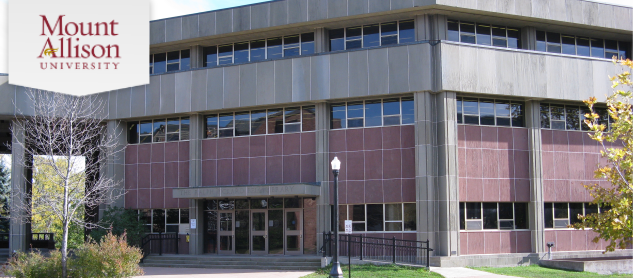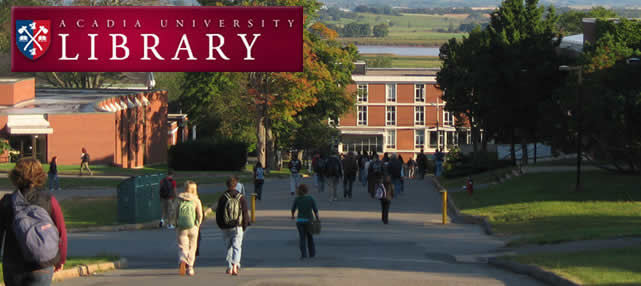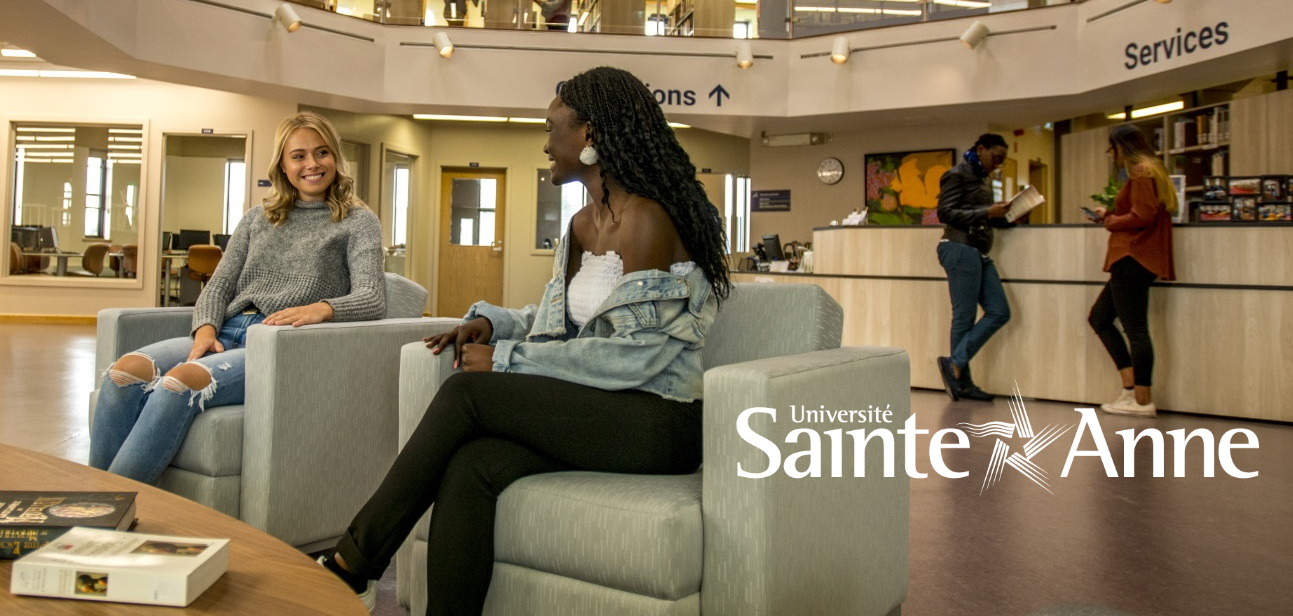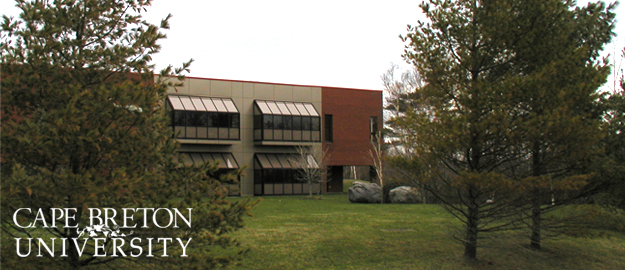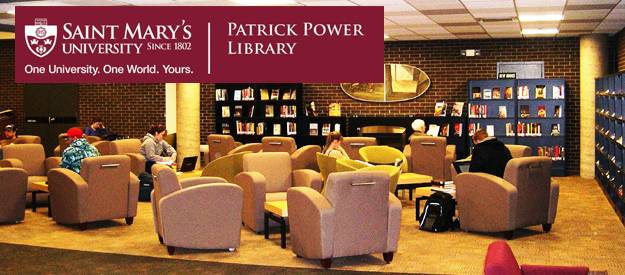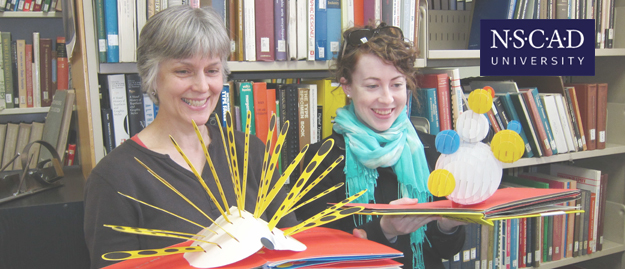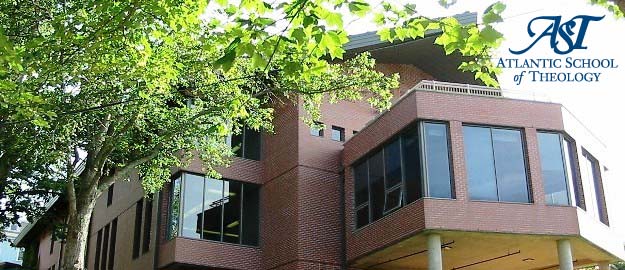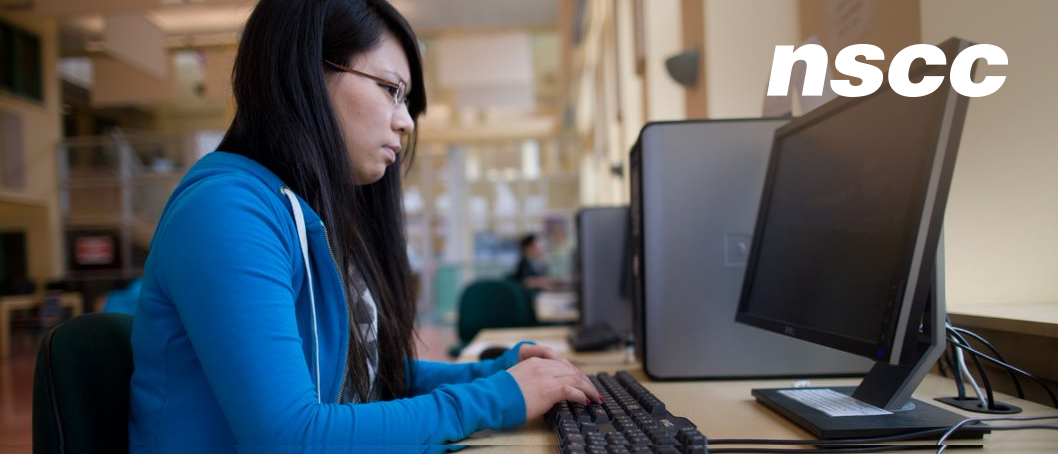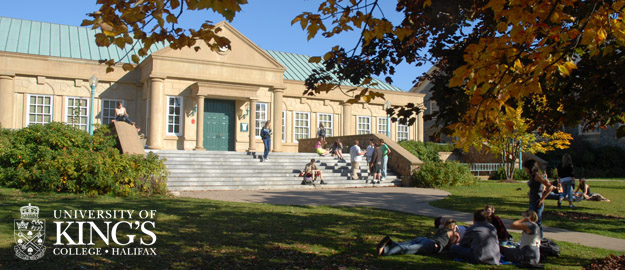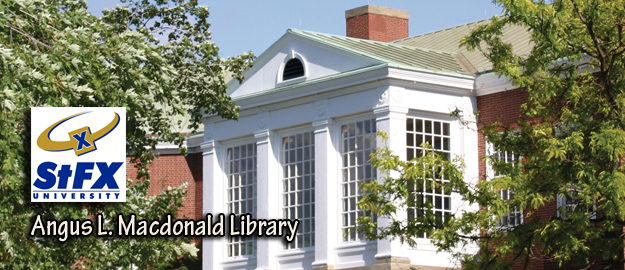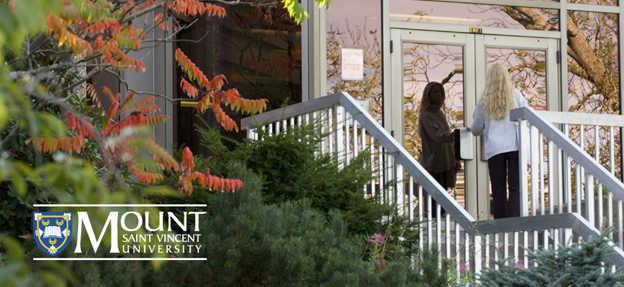Press Release
Press ReleaseHome > Members > Resource Pages > Distance Education Working Group > Press Release
NOVANET DISTANCE EDUCATION WORKING GROUP
DE PROJECT UPDATE
For Immediate Release
May 2, 2003
The Novanet Distance Education Working Group would like to update the Novanet Community as a whole on the progress being made by the four DE pilot project teams. The first year of the project was concerned with identifying the community of distance education users and assessing their needs, resulting in a publication entitled A Discussion Paper. A group of stakeholders studied the information gathered and the articulated needs of students to identify specific issues that might be addressed through improved policies and procedures and the use of new or emerging information technologies. These were summarized in a publication entitled The Stakeholders’ Forum – Proceedings. We were especially interested in solutions that might be feasible within the consortium environment of Novanet. These were placed into a context of a Business Plan, published in July 2002.
The Pilot Projects selected were:
The Pilot Teams, representing seven of the eight Novanet post-secondary institutions with distance education programming, have been meeting regularly since January / February, most 2-4 times to date. Minutes of the meetings, when approved, are posted to the Novanet Distance Education Web Page. After providing timely technical advice and information to the pilot projects on any number of occasions, the Novanet technical staff offered to attend pilot team meetings on a regular basis. Their expertise and advice to date has been greatly appreciated and will be important to the success of the trials.
Highlights of Progress – Electronic Reserves
Members of this project team include G. Pace (DAL) – Chair, K. Clare (SMU), S. Dwyer (DAL), J-A. Riggs (DAL), T. Winter (Novanet).
Two initiatives relate to types of electronic reserves: Two initiatives related to electronic reserves: a) material in electronic format, currently licensed or owned by the institution or professor, and available through an existing link. Licensed items allow access to students enrolled in the institution b) material in print format that must be scanned, including items for which copyright permission must be sought and items which are owned by the institution or professor. Normally when copyright fees are required to be paid distribution is limited to the students enrolled in the course for which the e-reserve is created.
Technical issues include the ability of RBR (Reserve Book Room) to display the URL and for the URL to be a live link to the resource. The display of the URL in the Reading list will be possible in the new version of GeoWeb. The link can be made live in the GeoWeb 5.0.
Copyright issues include the ability of Novanet to authenticate users of specific items. For e-reserves this is normally at the course level i.e. only students registered in a particular course can access materials put on e-reserve for that course. Each course could be assigned a patron record and password that would be given to the Professor to distribute to his or her students. In addition, Novanet is actively considering the purchase of EZProxy so that authentication could take place for all Novanet institutions through Advance. This would be helpful in identifying materials which are licensed at the institutional level and for which URL’s are already available.
Articles would be scanned, processed and edited to pdf files using Adobe Acrobat. Three scanners have been leased for the duration of the project. These have been distributed to DAL, SMU and NSAC. Reserve collections are currently being analyzed to identify the number of items in each type of reserve. The scanned articles would be sent by ftp to a central server (to be leased possibly from Dal Computing) accessible by URL and the URL would be formatted and entered into the Novanet EZProxy. This work would be incorporated into the reserve-collections workflow.
Test and Trial: A preliminary test in May will involve ten articles of different types. The trial itself will take place between September and November and involve professors possibly from the Social Work and Business Administration disciplines.
Evaluation: Statistics will be collected from the new GeoWeb reports, from EZProxy, and from Apache Software (server). Survey questions will be e-mailed to students in courses participating in the trial and will be included in a project survey questionnaire to be posted on the Novanet DE Website.
Highlights of Progress – Online Tutorials
Members of this project team include A. Roman (NSCC) – Chair, S. Boutilier (UCCB), Fran Nowakowski (DAL), C. Harrigan (SMU), T. Paris (MSVU), S. Cameron (STFX), J. Landry (STFX), T.Winter (Novanet)
Online Tutorial Software was identified during the Stakeholders Forum, and the pilot team decided to proceed with Viewlet Builder as the software of choice. Training was conducted in several ways, including a workshop presented by an experienced Viewlet designer (from Acadia) and an online “Webinar”. Viewlets are distinguished from other types of instruction (tutorials) by being short and concise, highly specific, 3-4 minute instruction sessions, ideally located at point of need.
Online Tutorial Content – Novanet help screens. Since the DE Project is consortium-wide it was decided that updating the Novanet help screens in a more user-friendly format would benefit distance education as well as on campus students, while providing the pilot with experience and data for evaluation purposes. A content outline is being developed and decisions made related to level of instruction and level of detail. Viewlets will be generic and designed for use by all Novanet libraries. Plans include the hiring of a library school graduate to do the actual programming over the summer.
Collaboration with OPAC Committee – At the request of NSOC, the OPAC Functional Group had begun to consider updating the Novanet help screens. In order to avoid duplication of effort, a member of the o-tutorials pilot team met with the OPAC members to update them on the status of the pilot project and the proposed online tutorials .
Technical issues include the problem of how students will access the tutorials. Presently it is not possible for links to Viewlets to be imbedded in the Novanet catalogue, but this is expected to be possible in the updated version of GeoWeb. Ideally the Viewlets are context-specific. An interim solution would be to use the existing Novanet Help feature with the suggestion that the “Help” button be renamed to better appeal to students. Suggestions for a new name included: “Short-Cuts”, “Search Tips”, and “Need Help?”.
Evaluation will be conducted by analysis of detail provided in GeoWeb 5.0 reports of web site hits. A brief survey will be included at the end of each tutorial. A survey will be offered to participating faculty to be distributed to students as an evaluation assignment. A list of distance education faculty is being prepared for this purpose. The trial for online tutorials will be scheduled between September and November, with analysis of data and recommendations developed in December and final report in January.
Highlights of Progress – Live Help/Chat Reference
Members of this project team include J. Watson (UCCB) – Chair, A. Sehatzadeh (DAL), J. Makani (DAL), B. Waddell (NSAC), T. Winter (Novanet).
Live Help / Chat Reference Software : several software packages were evaluated, including those mentioned most frequently in the literature (LivePerson/ HumanClick). A software package called LiveTeam was chosen because it had almost all of the features of the other chat programs and in addition enthusiastic technical support. It is being offered free of charge to the project and training is being provided by LiveTeam staff through a teleconference on Friday, May 9.
Training issues are threefold and include 1) training in the use of the LiveTeam software 2) training in the use of resources specific to disciplines for which the service is being offered 3) training in distance education and library policies and procedures where the service is being promoted. Policy information sheets are being prepared for each institution, including descriptions of distance education programs and courses and contact/referral information for use of information providers.
Disciplines: it was decided that the chat reference service would be marketed to distance education students only but would not be restricted to distance education students. Notices in the form of a brochure will be distributed in course packs in July and August. Access would be through the Novanet Distance Education Web Site for students. The summer pre-trial would be offered to students in selected courses in Social Work and Business Administration.
Technical Issues: The Live Team software resides on the publisher’s web site and no client software needs to be installed on any local workstations. This means that the information provider is able to work from any workstation connected to the network, from home, office or workroom locations. Co-browsing is the one feature strongly desired but not offered by LiveTeam.
Scheduling and Staffing: A smaller pre-trial will be carried out by offering the service for a limited number of hours per week to specific summer courses known to have a research component. The trial itself will be run for three months from September to November. It is expected that the service would be offered 2 hours per day 7 days per week. Tentative hours are: Mon. – Wed. evenings (2 hours), Thurs. – Sun. afternoons 2-4 pm. A Library School student will be hired to work 10 hours per week (3 evening and 2 weekend shifts). December will be spent analyzing the data collected and writing the final report and recommendations.
Evaluation: The main evaluation tool will be a questionnaire to be included in the pilot survey to be posted on the Novanet Distance Education Web Site with a section allocated to the Live Chat Reference Trial. Zoomerang open source software has been recommended for the survey questionnaire. In addition the software provides transcripts of sessions and student profiles, and logs other data.
Highlights of Progress – Discipline-Specific Electronic Collections
Members of this project team include, K. MacKinnon (NSCC)- Chair, P. MacLean (STFX), C. Chisholm (UCCB), S. Adams (STFX), T. Winter (Novanet)
Technical issues: The main technical issue is how Distance Education students will access the electronic books. It was suggested that a list of e-titles selected for the trial be posted to the Novanet Distance Education Student Web Site. In addition, the MARC record provided with each e-book purchased or leased from NetLibrary, would be entered into the Novanet database with a URL link to the NetLibrary e-book. A direct link to the NetLibrary web site would also be provided from the Novanet Distance Education Student web page. The e-collections pilot team has designed the Novanet Distance Education Student web page with the kind assistance of D. Boudreau of the Novanet office.
Disciplines: The Stakeholders Forum identified three disciplines using the following criteria: that there are programs in that discipline offered through distance education, that these programs are offered at three or more institutions, and that one of those institutions is outside the metro Halifax area. The disciplines selected are Business Administration, Nursing, and Education. The universities represented are Mount Saint Vincent University (Business, Education), Nova Scotia Community College (Business), St. Francis Xavier University (Business, Education, Nursing), and the University College of Cape Breton (Business, Education). Programs were identified in the AAU publication “Calendar of University Distance Education Courses in the Atlantic Provinces 2002-2003”. Course outlines have been collected, when available.
Numbers: The DE Project has committed to purchasing approximately 300 e-books from NetLibrary. Andy Spilioe, Library Consultant for NetLibrary, presented a comprehensive demonstration of NetLibrary services at the April meeting. It was decided that the collection would include books published between 2000 and 2003 (1998 and 2002 for Nursing) and would be divided approximately 100 for each of the three disciplines. The list of available e-book titles is being circulated to faculty responsible for distance education courses in these disciplines and the purchase list will reflect their selections.
Evaluation: Survey questions will be prepared for the electronic collections part of the project survey, with input from NetLibrary staff. In addition, NetLibrary has circulation and usage reports available. This pilot team suggested that one central Web survey in a uniform format be created for all the DE Pilot Projects together, with a section devoted to each pilot team and trial.

